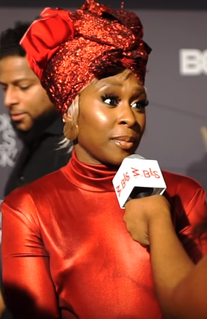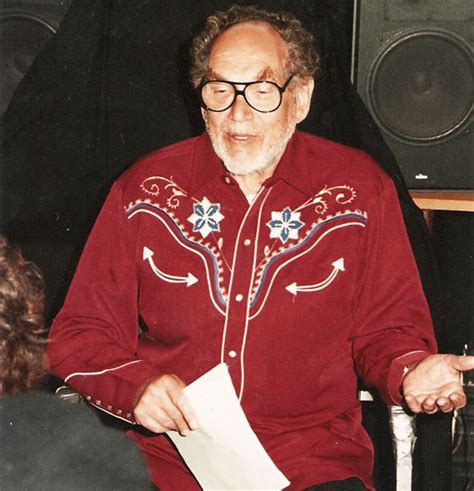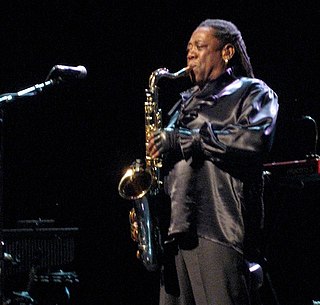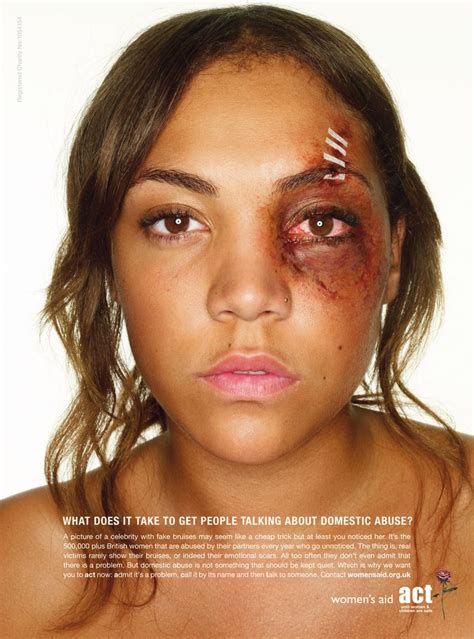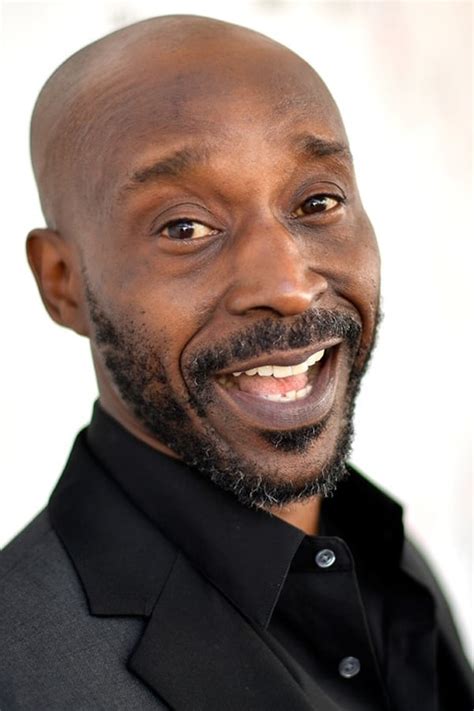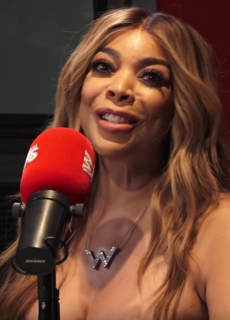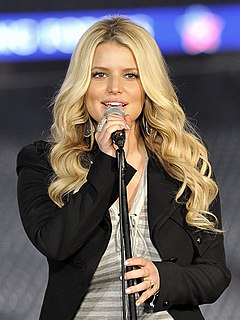A Quote by Maya Angelou
If growing up is painful for the Southern Black girl, being aware of her displacement is the rust on the razor that threatens the throat. It is an unnecessary insult.
Quote Topics
Related Quotes
... Janis Joplin has one of the most distinguished female voices of the decade. It is a voice that has been aged in Southern Comfort and cured with Kahlua and milk. It is a voice that cuts you like a razor, but you can still hear the innocence in it, a claim to purity that soars out of the garbage of her throat, carrying evil harmonies.
Once at a record store in San Francisco, over a thousand kids showed up. They pushed forward and broke a window. A big piece of glass fell on top of this girl. And the girl's throat was slit. She just got slit. And I remember there was blood everywhere. Oh God, so much blood. And she grabbed her throat and was bleeding and everyone just ignored her. Why? Because I was there and they wanted to grab at me and get my autograph. I wonder whatever happened to that girl.
What? she said once to herself, and then once aloud, What? She felt a total displacement, like a spinning globe brought to a sudden halt by the light touch of a finger. How did she end up here, like this? How could there have been so much - so many moments, so many people and things, so many razors and pillows, timepieces and subtle coffins - without her being aware? How did her life live itself without her?
It was the world of Southern, rural, black growing up, of folks sitting on porches day and night, of folks calling your mama, 'cause you walked by and didn't speak, and of the switch waiting when you got home so that you could be taught some manners. It was a world of single black older women schoolteachers, dedicated, tough; they had taught your mama, her sisters, and her friends. They knew your people in ways that you never would and shared their insight, keeping us in touch with generations. It was a world where we had a history.


